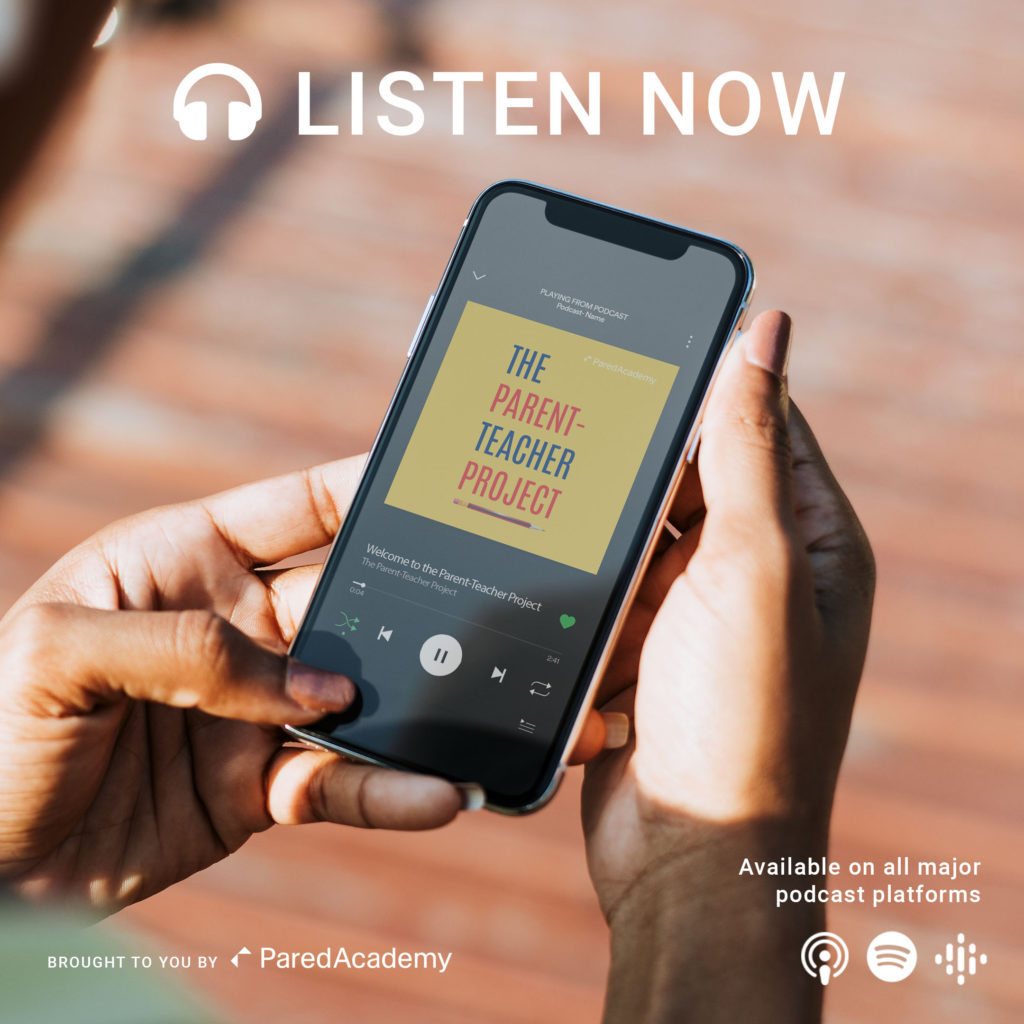Photo by Emma Bauso
Emotions Are Part of Everyday Life—For All of Us
In today’s fast-paced and highly connected world, our children are experiencing more emotions—and more intensely—than ever before. Whether it’s frustration over a lost toy, anxiety about school, or the social pressures of growing up, kids often feel these emotions deeply but struggle to express them in a healthy way. As Manal Azzi, school counsellor at Tangara School for Girls and experienced therapist, shares in our latest episode of The Parent-Teacher Project, learning to navigate emotions isn’t just a lesson for children—it’s something parents and carers need to walk through with them.
Behind Every Outburst, There’s an Emotion
One of the most impactful takeaways from our conversation was the idea that all behaviour is communication. Behind every tantrum or outburst, there’s an emotion trying to be seen. But this doesn’t mean parents should excuse poor behaviour—rather, we need to acknowledge the feeling, while still holding firm to the boundary. As Manal says, “It’s okay to feel angry—but it’s not okay to hit your sister.” This balanced approach, sometimes called emotion coaching, helps children grow in self-awareness while also learning how to respond to their feelings in appropriate ways.

Photo by Elina Fairytale
Five Steps for Supporting Emotional Growth
Manal walked us through five simple steps parents can take to support emotional regulation:
- Notice the emotion
- See it as a chance to connect
- Listen with empathy
- Name and validate the feeling
- Problem-solve together
When repeated consistently, these steps become powerful habits that shape the emotional landscape of the whole family. But perhaps the most important reminder is this: children learn best from what we model. If we want our kids to manage big feelings well, we need to show them what that looks like—even when we get it wrong, and especially when we try again.
Reflection Starts With the Parent
So the real question becomes: how are we doing with our emotions?
Are we pausing before reacting?
Are we allowing space for sadness, frustration, or joy in our home?
Are we showing our kids that it’s okay to feel—and okay to ask for help?
These aren’t easy questions, but they’re essential ones. Emotional regulation isn’t about having perfect children. It’s about building stronger, more connected relationships with them—and that starts with a parent who is willing to grow too.
This article was inspired by episode #68 of The Parent-Teacher Project entitled The Parent’s Guide to Emotion Coaching featuring Manal Azzi, school counsellor at Tangara School for Girls and therapist with over 15 years experience.
Listen to the entire episode below.
Latest Stories from Pared Academy
130 Fathers Gather for a Powerful Day of Reflection at Growing Hearts for Fathers Event
Last Sunday, 130 fathers came together for a day of reflection, renewal, and connection at the Growing Hearts for Fathers event. Held at Redfield College, this unique gathering provided dads with a much-needed opportunity to step away from daily pressures and focus on the heart of their fatherhood journey.
Shaping Character in the Classroom: How Educators Inspire Students to Grow
In today’s fast-paced world, education is not just about academics; it’s about shaping the character of the next generation. Teachers play a crucial role in fostering virtues such as honesty, resilience, and respect. Katrina Alvir, an experienced teacher and expert in character education, shares valuable insights on how educators can integrate these essential qualities into daily teaching practices.
Building Strong Character and Academic Diligence in Children
Raising children who are both strong in character and diligent in their studies is a challenge that many parents face. We all want our children to grow into responsible, hardworking, and virtuous individuals who can navigate the complexities of life with confidence. But how do we achieve this balance between character formation and academic excellence?









